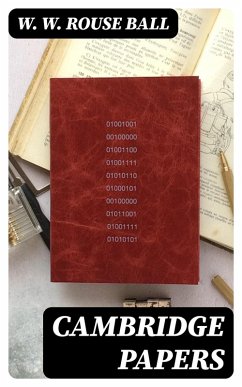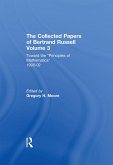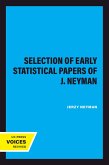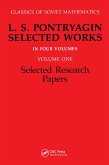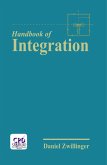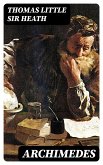In "Cambridge Papers," W. W. Rouse Ball presents a collection of papers that explore the interdisciplinary nature of mathematics and its connection to the human experience. The literary style is marked by clarity and precision, reflecting Rouse Ball's scholarly rigor while maintaining a conversational tone that engages a wide readership. The papers delve into various mathematical concepts, offering insights into their historical and philosophical context, and reflecting the intellectual currents of early 20th century Cambridge, where mathematical discourse flourished amidst burgeoning scientific paradigms. W. W. Rouse Ball, a prominent mathematician and historian of mathematics, drew from his extensive academic background at Cambridge University, where he taught and researched. His passion for elucidating complex mathematical theories and engaging with their historical significance informed his writing. Rouse Ball's knack for teaching and his love for mathematics motivated him to produce a work that would bring the beauty and intricacy of the mathematical world to a broader audience, bridging the gap between abstract theory and practical understanding. "Cambridge Papers" is a recommended read for anyone fascinated by mathematics or the history of ideas. Its insightful analyses and accessible writing make it a valuable resource for scholars, students, and enthusiast alike, inviting readers to reflect on the profound connections between mathematics, culture, and society.
Dieser Download kann aus rechtlichen Gründen nur mit Rechnungsadresse in A, B, BG, CY, CZ, D, DK, EW, E, FIN, F, GR, H, IRL, I, LT, L, LR, M, NL, PL, P, R, S, SLO, SK ausgeliefert werden.

